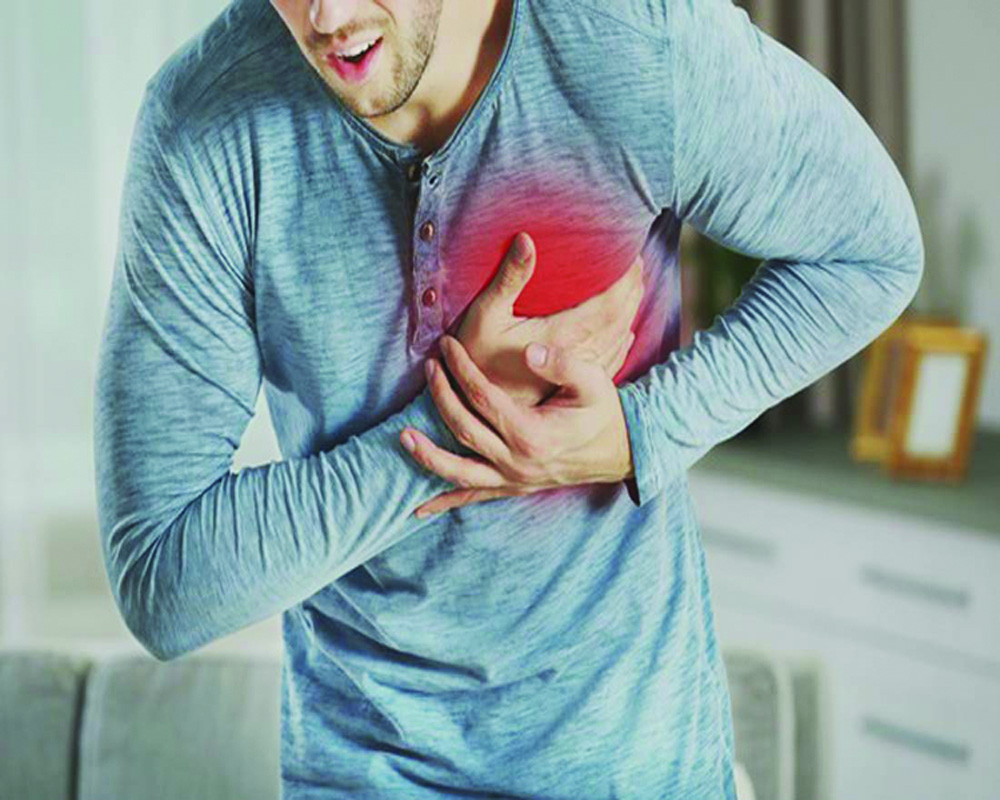Dr Bipin Kumar Dubey is HOD Cardiology, HCMCT at Manipal Hospitals, Dwarka, New Delhi
The onset of winter can evoke mixed reactions in common people, some people welcome the cold weather while others are afraid of catching flu, respiratory diseases, frostbite in winter weather. But there’s another cause of concern which many people might not even be aware of. Cold weather can cause blood vessels constriction, increase in heart beats which can raise blood pressure due increased sympathetic tone and also increased clot formation tendency of body, thus increasing the risk of heart attack and stroke.
As a matter of fact, chances of heart attacks goes up by nearly 33 per cent during winter. Needless to say, it is imperative that people should take adequate care to stay warm during the winter. Elders specifically tend to be vulnerable during these cold months as the cold can cause a dramatic drop in their body temperature thus leading to hypothermia. If the body temperature dips under 95 degrees, the resulting hypothermia can cause severe damage to the heart muscle. Further, patients afflicted with Angina need to be particularly careful as the cold weather can cause coronary arteries spasm leading to heart attack.
Symptoms: Knowing that the risk for a heart attack is greater in the winter, it’s wise to stay alert and look out for symptoms that might point to heart attack
- Acute chest pain or discomfort usually diffuse retrosternal but may on left or right side of chest , shoulder, neck or lower jaw stomach, radiating to upper limb, associated with
- Nausea ,vomiting or dizziness,
- Shortness of breath;
- Women, in particular, have to stay vigilant as the symptoms can present a little differently leading them to disregard the warning signs. Hence, it’s vital that they always stay alert to any possible symptoms even if they experience atypical symptoms.
Prevention
- Eating Healthy: One should take low fat, low sugar, low salt, high protein balance food, which should contain fruits and vegetables, fiber-rich whole grains, fatty-fish (salmon, sardine) nuts, legumes, and seeds . Also reduce alcohol consumption, stop smoking.
- Staying active: Avoid outdoor activity and exercise in extreme cold, indoor exercise, indoor games and yoga would help keep you fit and healthy.
- Getting enough sleep: Getting 7 to 8 hours of good sleep is crucial for good health.
- Dressing for the weather: People should avoid heading out the door half-dressed at all costs. It’s vital that people cover up themselves by wearing layers of clothing especially a coat, hats, gloves and heavy socks to avoid hypothermia (low body temperature). Since a lot of heat gets lost from the head, it’s also recommended to wear a scarf and/or a hat before stepping outside.
- Washing hands frequently: It has been long known that respiratory infections can increase the chances of getting a heart attack. One should avoid such scenarios by washing hands regularly with soap and water. Additionally, if any flu symptoms are noticeable such as a fever, a viral cough, or body aches, immediate steps should be taken to consult a doctor for a flu shot.
- Consult your doctor if you have any of heart attack symptoms without delay.
























